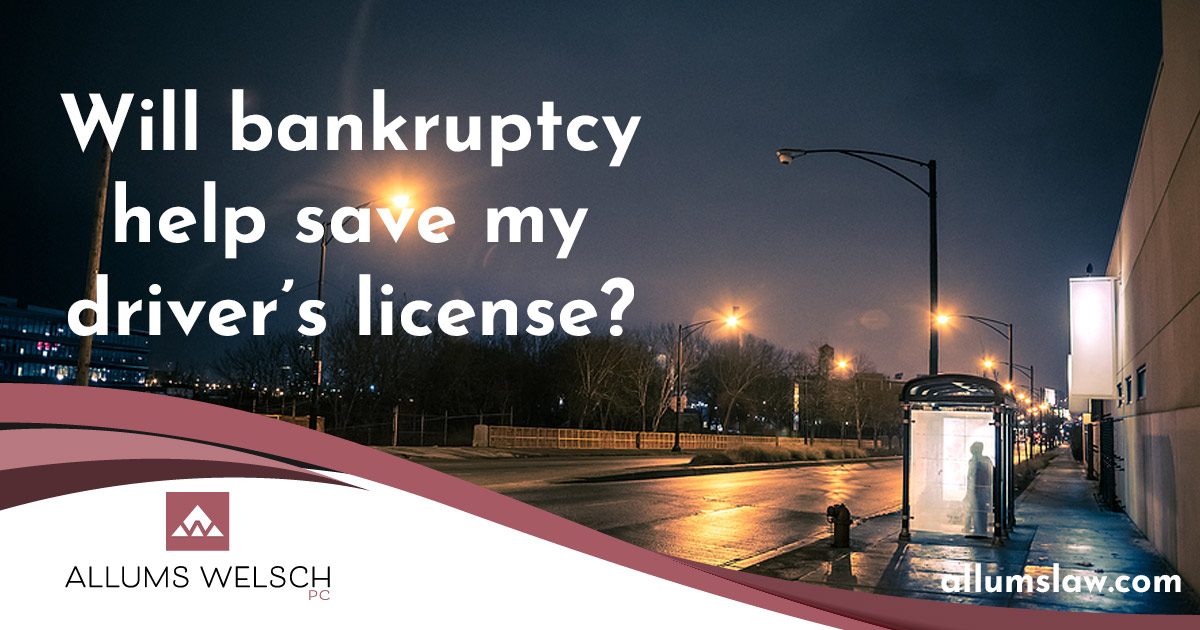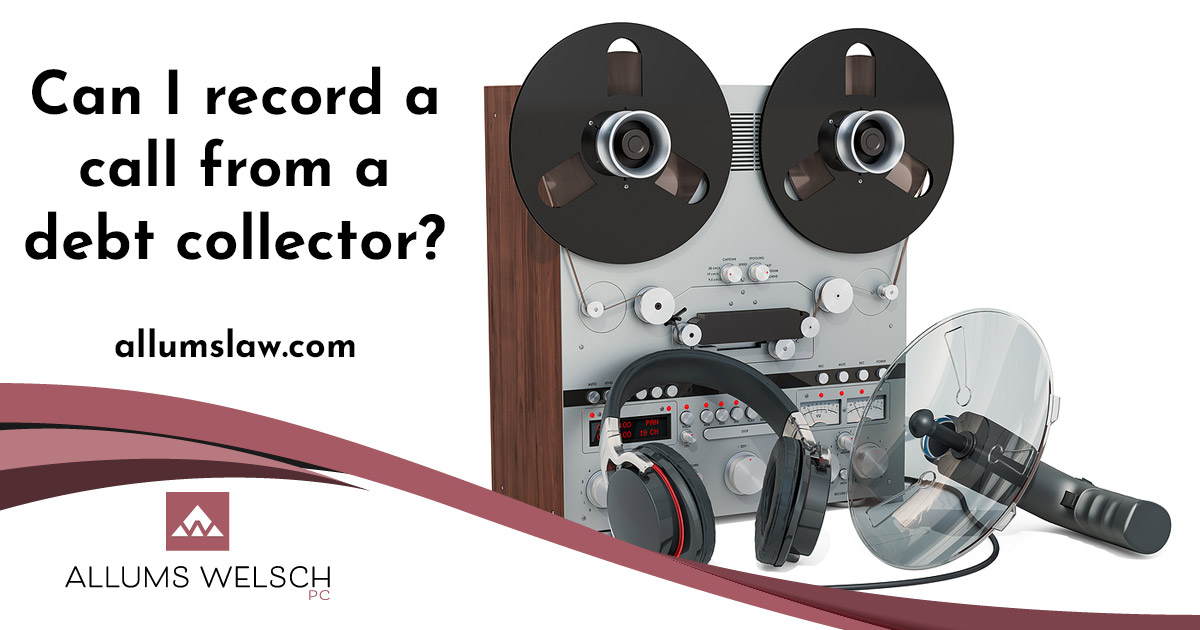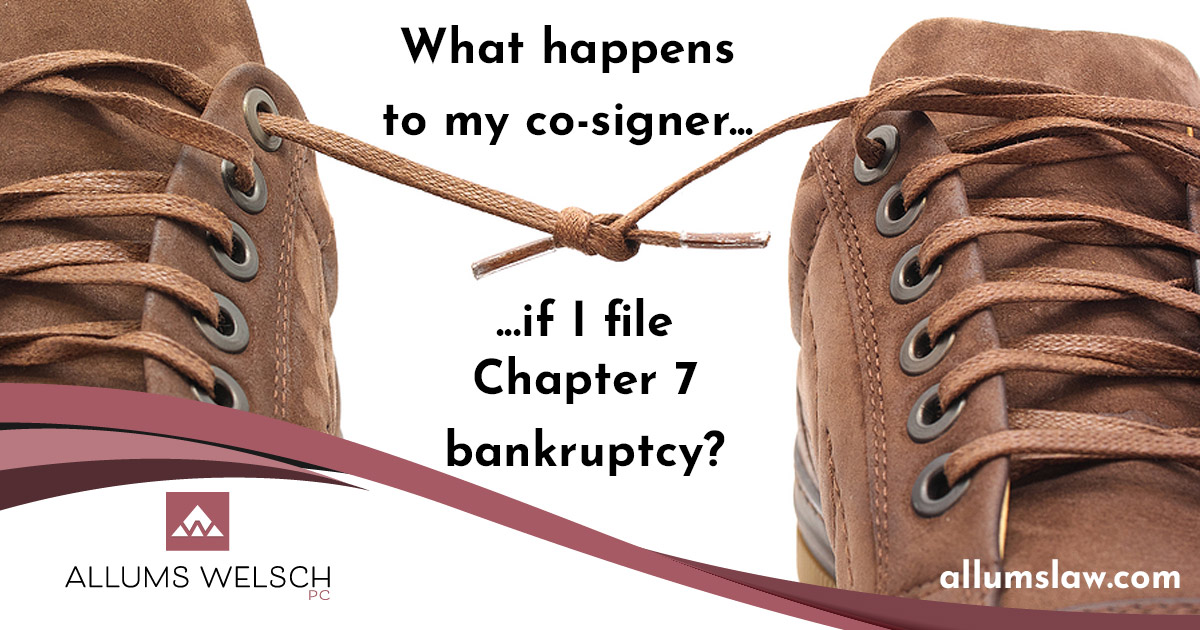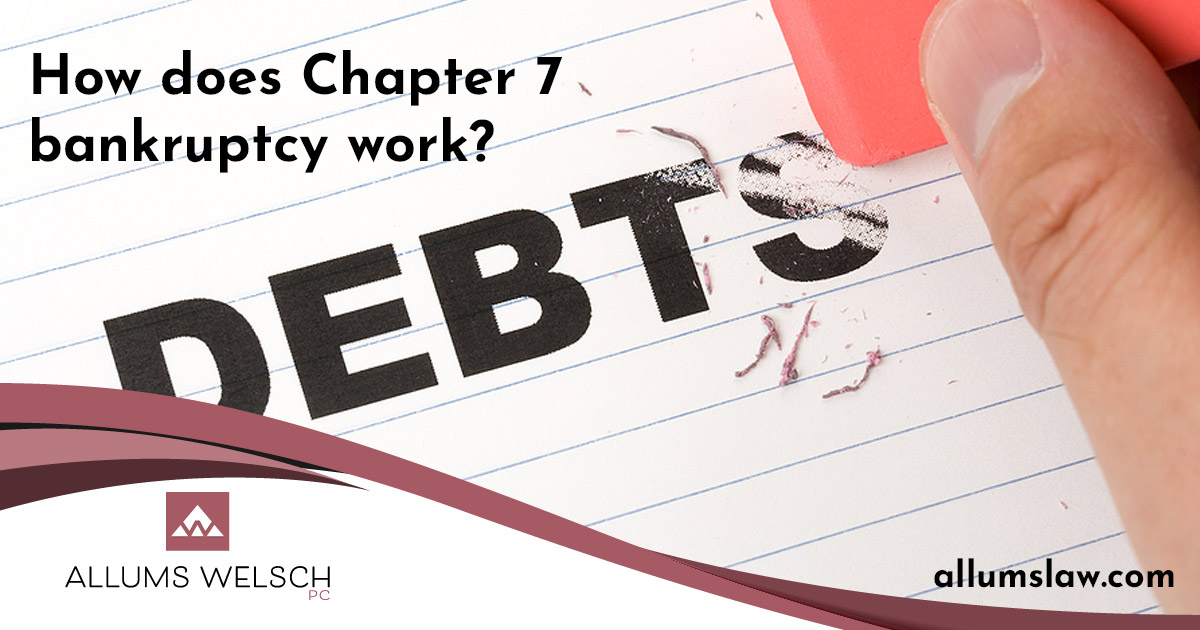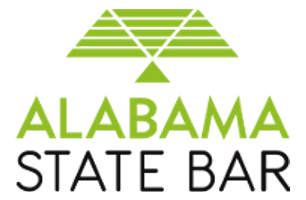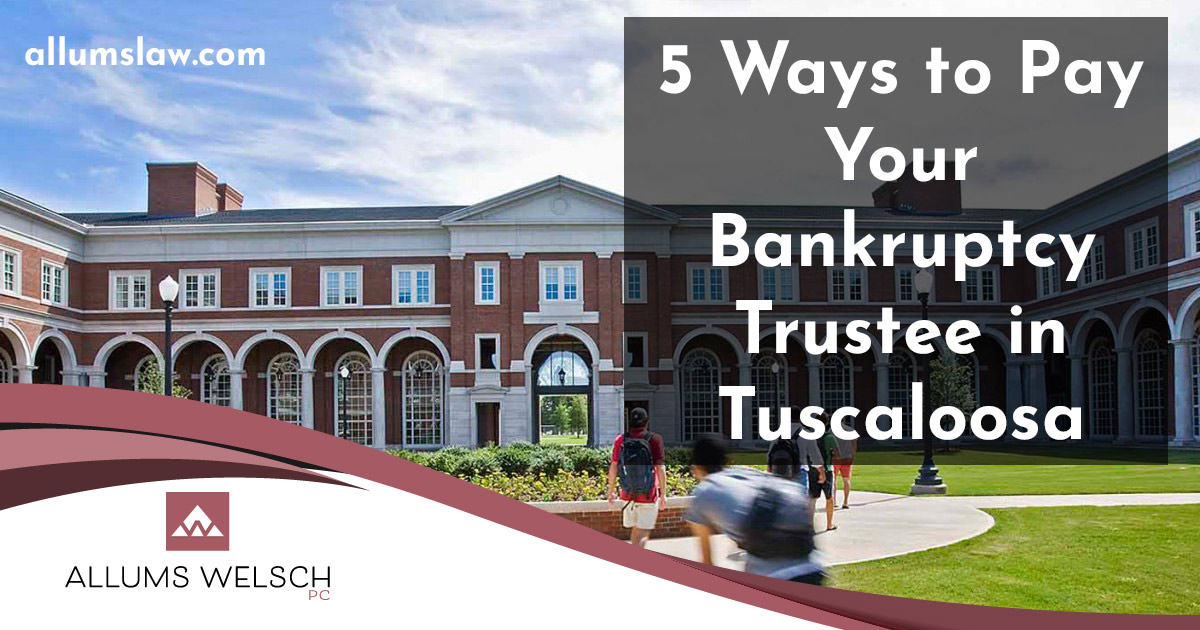Most homeowners who have a mortgage will be required by their mortgage company to have an escrow account. Your monthly mortgage statement will break down your payments into principal, interest, and escrow. What is a mortgage escrow account? Why is it necessary? A mortgage escrow account is like a savings account. Depending upon the sort…Read more
What happens to my co-signer if I file Chapter 13 bankruptcy?
When you file for Chapter 13 bankruptcy, it may be the case that you are, alone, solely liable for each and every one of your debts. Or it may be the case that you have one or more co-signers attached to your debt. What is a co-signer? A co-signer, or co-debtor, can be anyone who…Read more
Will bankruptcy help save my driver’s license?
Chapter 7 bankruptcy can be used to prevent your driver’s license from being suspended. It can also put you on a path to the reinstatement of a driver’s license after a loss or suspension as a result of a car accident. In Alabama, those determined to be at fault in a car accident may receive…Read more
Can I record a call from a debt collector?
The instinct to record a call from a debt collector is a good one. Recordings of telephone conversations with debt collectors have in many cases provided a sound basis for a Federal Fair Debt Collection Practices Act (FDCPA) lawsuit. However, when a client or potential client asks a bankruptcy attorney in Alabama whether he or…Read more
How Does Chapter 7 Bankruptcy Affect a Co-Signer?
How a co-debtor or cosigner will be affected by the filing of a Chapter 7 bankruptcy is a common concern. What is a co-signer? A co-signer is a person who signs an agreement to guarantee a loan for someone else. The co-signer is a co-borrower, in other words. When a co-signer signs a credit application…Read more
10 Tips for a Successful Zoom Virtual Court Appearance
Since the onset of the COVID-19 pandemic, Zoom and other virtual court hearings have become the norm. This new format, which can be more convenient for everyone involved than a traditional, in-person hearing, presents its own challenges. In this post, we offer ten (10) valuable tips for making your Zoom court appearance a successful one.…Read more
How Chapter 7 Bankruptcy Works
Chapter 7 is a liquidation bankruptcy. What that means is discussed in detail below. The most common reasons for filing Chapter 7 bankruptcy are: Divorce; Job loss, or wage or overtime reduction; Catastrophic health problems (and lack of health insurance). Divorcing partners, in particular, can quickly encounter hardship when stepping out of a long-term, two-income…Read more
Who owns my mortgage?
The question of who exactly owns your mortgage is important to unravel when you are facing financial hardship. While you may initial presume that the company to whom you are sending monthly mortgage installment payments is the “owner” of your mortgage, this is, in fact, rarely the case. This post will discuss the documentation related…Read more
What to expect at your 341 Meeting of Creditors – Chapter 13 bankruptcy
The 341 Meeting of Creditors is the first hearing that you will be required to attend in the Chapter 13 bankruptcy process—and often the first hearing you have ever attended. This post explains the purpose and process of the Chapter 13 bankruptcy 341 Meeting of Creditors hearing in the Northern District of Alabama, and more…Read more
3 Ways to Improve Your Credit after Bankruptcy
Looking to put a bad credit history behind you? A successful discharge of your debt in a Chapter 7 or Chapter 13 bankruptcy proceeding is the best way to move forward from an unfavorable credit history. A bankruptcy discharge order granted by a Northern or Southern District of Alabama U.S. Bankruptcy Court makes it illegal…Read more


